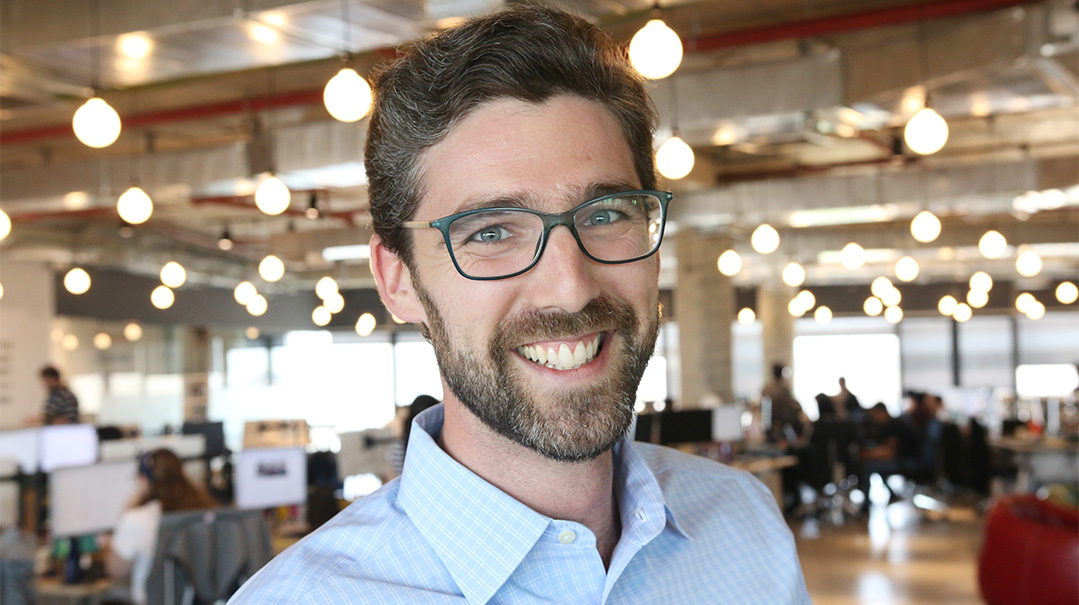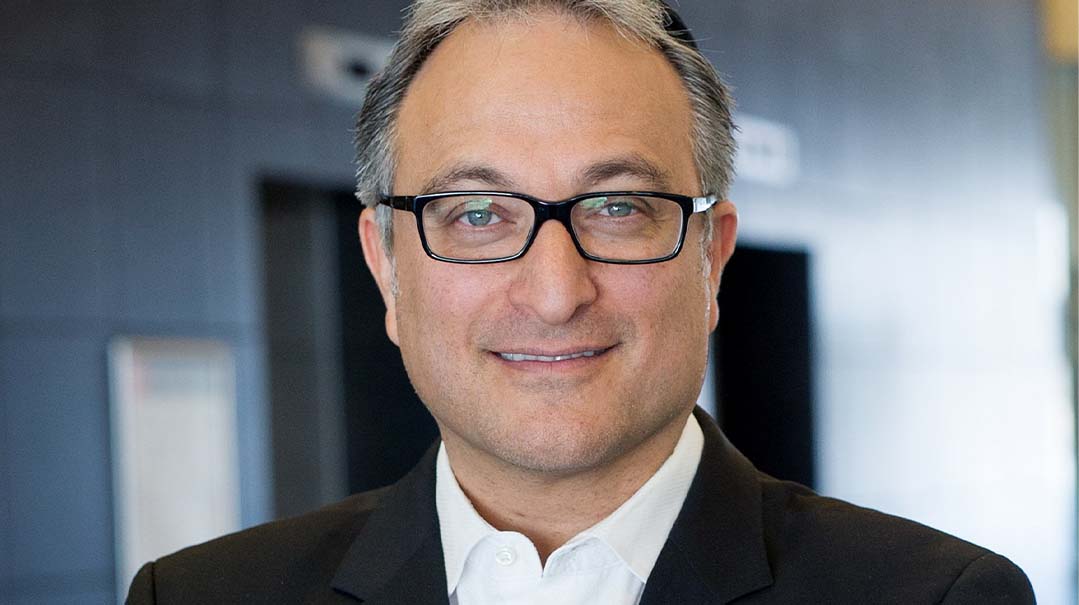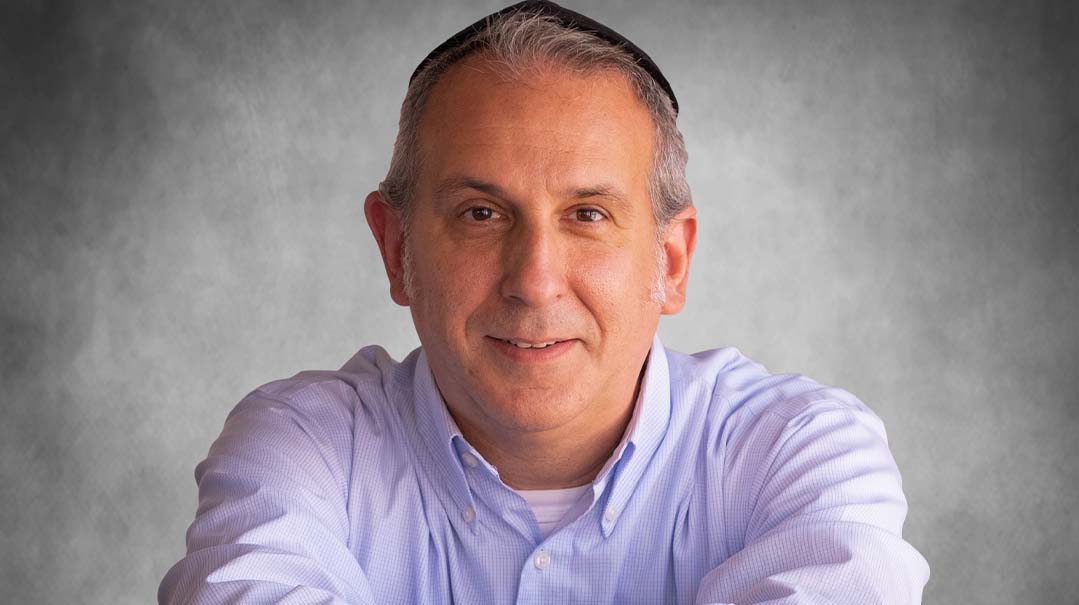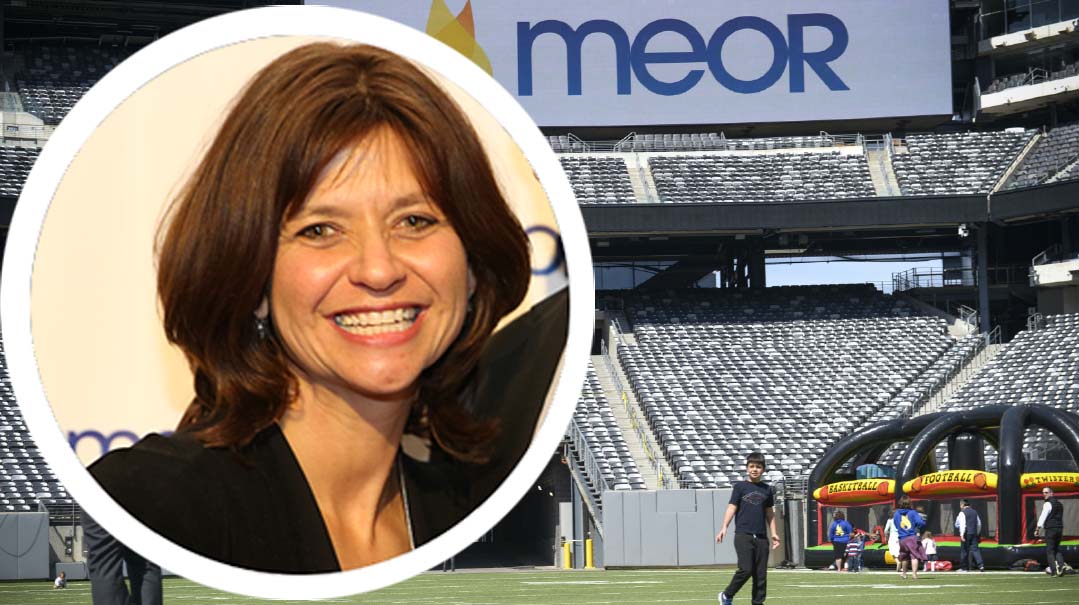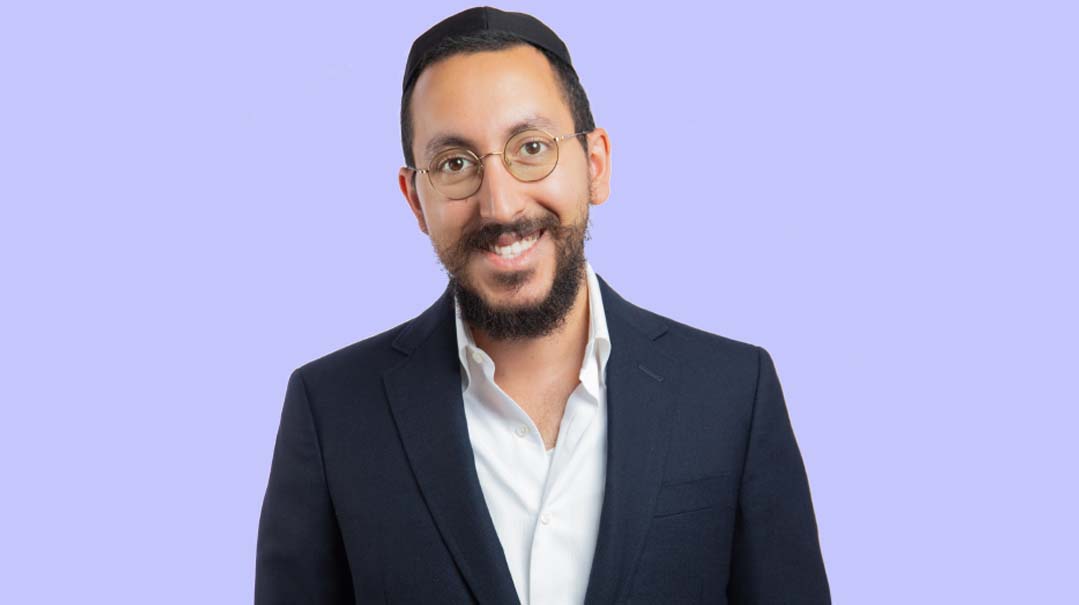Work/Life Solutions with Donny Fein

"I would rather lose the deal then walk away knowing I was not completely transparent"
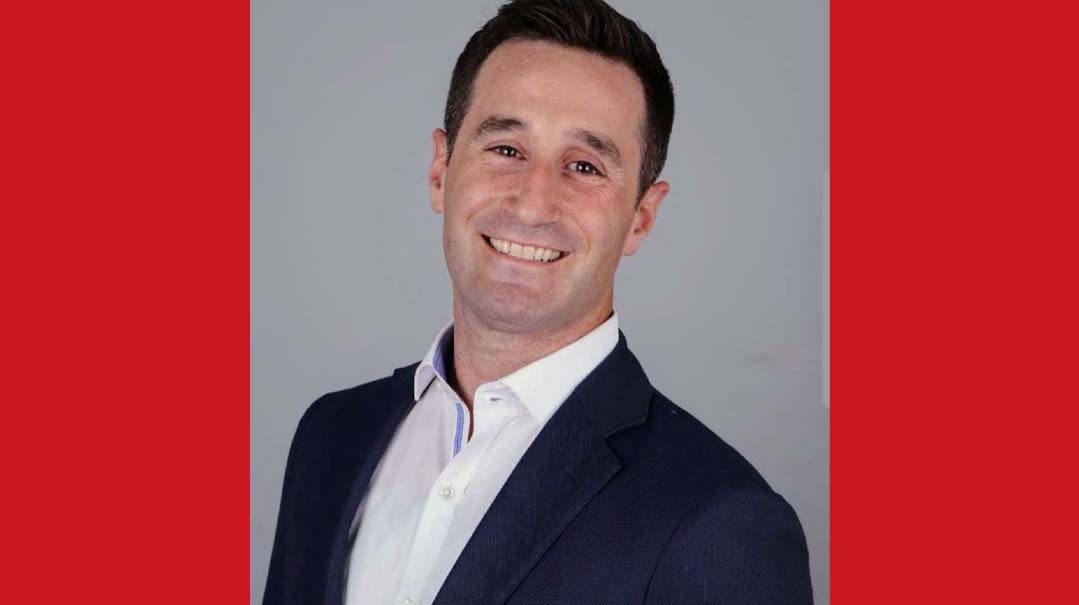
Who: Donny Fein, cofounder of KLY Realty, and founder of Mitzvah Opportunity, an organization that directly helps families in Israel with immediate, essential financial needs, without any red tape or overhead.
What: Donny cofounded KLY Realty with a dream of matching foreign buyers, new olim, and Israeli residents with their dream home in Israel. He works through all time zones to make sure that when his clients land in Israel, they’ll have a comfortable place to call home. Donny is also a connector, finding profitable investment deals for people interested in investing in Israeli real estate.
Where: Born in Brooklyn and raised in Staten Island, Donny Fein spent his early professional years in a midsize accounting firm in Manhattan, and then he moved into life insurance. Donny and his family settled in Cedarhurst, where he spent many years as a life insurance agent before moving to Israel, where he became the sole Israeli agent selling American policies to people living in Israel. Eventually, he found his passion in real estate, which led him to launch KLY Realty.
Why: Donny is always looking for ways to make life better for others. His real estate firm helps many people move to Israel and settle into a comfortable home. While his professional trajectory was neither linear nor smooth, he rolls with Hashem’s plan and sees the good in it all. Donny is multifaceted and integrates everything he loves into his daily life: He’s passionate about learning the daf, loves to mountain-bike in the gorgeous terrain around Beit Shemesh, and leaves no stone unturned when it comes to raising funds for others. He’s raised over 1.6 million shekels for his Mitzvah Opportunity fund, helping families with specific needs, without bureaucracy, red tape, or humiliation. And finally, he’s just a really good, all-around, happy kinda guy, the kind of person you always want to meet!
1 of 9 What opportunities or personalities played a role in your career path?
I have actually had a few careers in my life but they all led me to where I am today. I was always a hustler — when I was eight, I would charge my older sisters $5 to organize their closets. By the time I was in college I still could not pinpoint what I would be doing, but I decided that studying accounting would be a good way for me to learn how other people make parnassah. One major thing I learned then was that successful people do not actually make a parnassah doing any one thing. While they may specialize in one business, they are often invested in multiple industries. And so I learned never to pigeonhole myself into any one industry, and to always keep my eye open for new opportunities.
After working in accounting for a few years, I saw an opportunity to invest in a kosher pizza franchise. I put together a simple business plan and approached an investor to see if he would be willing to partner with me. I would put in sweat equity and he would put in the cash. The pizza shop was open for one year until we called it quits — the partnership didn’t work out and working with the franchise proved to be very difficult. Yet during that year, I went from sitting behind a desk taking orders from the partners in the accounting firm to running a business with over 30 employees, making sure we made payroll each month. Even though the business didn’t succeed, I’m ever grateful for that year, as it was like a full-on degree in business management, better than anything taught in school.
Then the question was, where to go from there? I was given the opportunity to join an incredible partner and go into the insurance business. I took my experiences in dealing with people and business and started a successful insurance business, and together we did very well in a niche part of the industry. From this niche insurance, to eventually being the only agent selling American life insurance to US citizens living in Israel, and to building a real estate company with my partner Rob Ernst, my journey has been a long one, but each step helped me to the next — and now I can say I’m finally where I’m supposed to be.
2 of 9 Which three character traits have played a key role in your career path?
Organization. When I was six years old, I was in a sleepaway camp in upstate New York. My mom worked in the camp and she would do my laundry. One day she came into my bunk to get my dirty laundry and saw that my laundry bag was empty. I had neatly folded my dirty laundry and put it back in the cubby. While I now know where dirty laundry goes, I also now know how to keep my business-related matters organized. Keeping track of bank balances and paying bills on time are vital, so that even when times are tough — and there have been tough times — I know where I stand.
Stubbornness. Kohanim are known to be stubborn. My dad is a Kohein and my mom is a bas Kohein, so it’s in my blood through and through. And guess what — my wife is also a bas Kohein, so you can imagine what that means for my four sons. While being stubborn has certainly gotten me into trouble throughout the years, it has also gotten me to where I am today. I don’t take no for an answer, and I stick to my core beliefs. While I’m not any type of extremist, I do have red lines that I don’t compromise on, in business, religion, and family life.
Being Driven. I am not ashamed to say I’ve had failures in my life — yes, I’ve fallen more than seven times, but I always get back up. It’s cliché, but if I can steal a line from Batman, “We fall in order to get back up.”
3 of 9 What do you do to relax, recharge, or simply have fun? How do you make time for that, and how often?
In order to lead a happy and meaningful life, a few outside activities are important to feed the body and the soul. I don’t consider myself a big learner, and I never really spent much time in a beis medrash, but over the last year I returned to daf yomi. I’d gone through some of the daf a few cycles ago, but I really had not picked up a Gemara since. Then a friend introduced me to the daf yomi shiur given by Eli Stefansky (Mercaz Daf Yomi). To be honest, when I first began, there was nothing better to do at 7:15 a.m. as we were on lockdown with no place to go. But I was immediately hooked. Eli’s knowledge and enthusiasm is contagious. I’ll confess that I did take a break for about a month during Pesachim, but what I missed the most, other than the learning, was the chevrati atmosphere of the daf. There are guys from all over the world learning with Eli, and he’s able to bring us all together to make us all feel part of something really huge and amazing. I never thought I’d actually make a siyum, but I’ve already made a few and I intend to make a siyum on Shas this time around. I strongly encourage guys who have not tried it to jump on anytime. If I can do it, anyone can.
I’ve always been into playing sports. As a teen I played basketball and hockey, and soon after I moved to Israel with my family in August 2009, I went on my first mountain bike ride. It was love at first ride. Living in Beit Shemesh, there is no shortage of awesome trails, and after 12 years, five bikes, and thousands of kilometers, I’m still obsessed. When I lived in New York, I’d go to a gym about five times a week to lift weights. I thought I was in good shape, but biking up the Beit Shemesh mountains showed me the cold hard truth — I wasn’t keeping up with the guys, so I started to run, which really helped increase my cardio and speed on the bike. At the age of 39, after running many half marathons, I decided I must get a full marathon under my belt before I turned 40. I trained really hard for about eight months, and at some point my legs were so sore I told my wife I would rather have knee-replacement surgery than not cross the finish line. About a month before my 40th birthday I ran the full Tel Aviv marathon. It was probably the hardest single physical activity I had ever done in my entire life.
Often I wake up very early to run or ride, especially during the summer when it can be 90 degrees by 8 a.m. I make physical activity a priority, as I find it helps me focus when I’m behind the desk. I get more work done in one hour after a bike ride than I would in four hours on a non-exercise day.
5 of 9 If you were granted an extra three hours per day or a spare million dollars, what would you do with that time or money?
This is a really difficult question, one I often ask myself. I would choose three extra hours a day because one of my biggest weaknesses is time management. As soon as I wake up in the morning my mind is racing. My goal each day is to daven, learn, exercise, work, and spend time with my family. I keep to-do lists that keep getting longer because there are so many things I want to accomplish in a day. I often take a notepad and pen with me to minyan in the morning just so I can write things down. This helps get it out of my head so I can focus on davening. I don’t know if three hours per day would help me be more productive, but if you add up the extra time, in a week it would make a huge difference.
6 of 9 What is the most inspiring feedback you’ve ever received? Did that impact what you did next?
Since 2017 I’ve been quietly running a WhatsApp group called Mitzvah Opportunity. The group was set up to help struggling families in Israel with immediate financial needs. I started the group because while I on my own couldn’t help the families, I thought as a group we could pool funds and together get the families what they need. There are currently close to 300 active members on the group from the US and Israel, and to date we have raised over 1.6 million shekels and have helped dozens of families all over Israel. The goal is to help families as quickly as possible without the red tape associated with larger organizations.
While I started the group on a small scale back in 2017, it really wasn’t until the next year that I began to give it my full focus. That year a friend of mine passed away after battling cancer. I went to his levayah and as a Kohein I had to stay outside, which usually means I don’t pay close attention to the hespedim. This one was different. Ephrayim was larger than life, as a spouse, a father, a business partner, and as a human being. I went home that afternoon and told my wife that when I die, I want such a hesped — I want to live the life of a person deserving of such a hesped. I looked at the small WhatsApp group I had started as my opportunity to tip the scales in Shamayim in my favor.
While I run the group, I attribute its success to the group participants. Sometimes though, I receive inspiring feedback such as “You are the one who makes it all possible,” or “Kol hakavod to you.” I often receive messages like that, and at those moments I’m reminded of the responsibility I have to the group. While I offer the members the opportunity to do a mitzvah, they’re thankful to me for providing them with the opportunity. This gives me the chizuk to continue looking for new opportunities and further help struggling families in Israel.
What sets apart the group from other large tzedakah organizations is the personal connection the members feel toward the struggling families we raise money for. They are not donating to an organization with salaried employees, never sure exactly where their donations are going. When they donate, it could be for the family up the street who has no food for Shabbos, the yesomah who is getting married and has no money to pay for the wedding, or a bar mitzvah boy who needs tefillin. (Each time the boy puts on tefillin, those who helped fund them have a share in the mitzvah.)
I don’t call the money we raise fundraising. I call it raising capital. Just like one would raise money for an IPO where investors need to get in early, so to on the group. Donors need to place their donations quickly, as members are so eager to help these family that the funds are often raised and campaigns closed within minutes. I look at each campaign as a separate deal and raise funds accordingly, keeping each campaign straightforward and discreet.
A few months ago, someone called to ask me to help raise money for a friend’s wedding. I asked her why she was coming to me and not going through her own channels. She told me, “I’m not a schnorrer.” I responded, “So I should be the schnorrer?” Actually, I had a lot of cases in my pipeline just then, so I encouraged her to raise money on her own. I helped her write a note to her friends and family describing the need for funds. I also provided her with the donation links I use for donations. And I gave her an easy-to-use spreadsheet to track any donations she had coming in. Her goal was to raise 15,000 shekels. Within two weeks she raised over 20,000 shekels. I share this to inspire others to take the initiative when they see their friends or neighbors in need.
7 of 9 If you were asked to deliver a TED Talk that would be watched by 50 million people, what topic would you choose to speak about? Why?
I’m passionate about a lot of things in life — my family, my health, my friends, my business — but it all boils down to one thing. Hashem. I have had failures in my life. I have had successes, both in the spiritual world and in the gashmiyus world. As I get older, I realize emunah and bitachon are two key components in happiness and leading a meaningful life. As Sholom Mordechai Rubashkin said, “Alef Beis Gimmel” — Emunah and Bitachon bring the Geulah. What is geulah? It can mean something different for each one of us. For some it can mean getting a job, for others it can mean just having money to buy food for Shabbos. If I’ve learned one lesson in this life, it’s that one will never have the geulah they are yearning for without having emunah and bitachon that Hashem alone holds the key to it — and that we trust that He has our best interests in mind.
8 of 9 Can you share a time when you had to navigate the tension between your deepest values and the business world?
My deepest value is being real and truthful to myself and those around me. They say you can take the boy out of Brooklyn but you can’t take Brooklyn out of the boy. To me Brooklyn people are real. In the real estate industry, whether I’m sitting with an investor or showing a buyer a home in Israel, it’s so easy to leave out some details — the roof has a leak, the bathroom has mold. When I deal with clients, I tell them like it is. No sugarcoating. I have lost deals because of this, but I would rather lose the deal then walk away knowing I was not completely transparent.
9 of 9 If you were advising a young man/woman hoping to launch a career as an entrepreneur, which “do’s” and “don’ts” would you share?
This is a loaded question, because each budding entrepreneur is different. And just as I guide each of my children a different way, I would do the same for an entrepreneur. There are, however, a few core values I’ve stuck to over the years that I believe have helped me get to where I am today. The first is to know why you’re doing what you’re doing. It could be to support your family. It could be to reach a certain level in your bank account. It could be just to prove your third-grade teacher wrong. All these reasons are valid, but know them and write them down as a daily reminder. The second would be to never compromise on your core values. Deep down, each person knows right from wrong. The question is, when you’re faced with a challenge that forces you to choose between your core value and making an extra buck, which one will you choose? Your values may change over the years — hopefully in a positive trajectory — so a good idea is to write these down and evaluate them once in a while to make sure you’re sticking to them. And lastly, I would recommend you do as much market research as you can and get to know as many people as you can in your desired industry before diving in.
(Originally featured in Mishpacha, Issue 893)
Oops! We could not locate your form.

